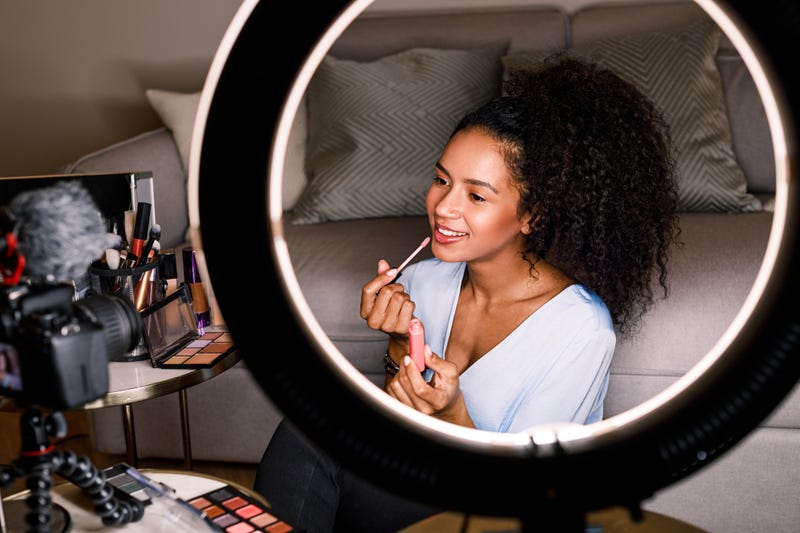
PHILADELPHIA (KYW Newsradio) — Odds are, you’ve come across a narcissist or two in your life. And with the advent of social media, you may even have some narcissistic tendencies yourself.
So in the age of viral TikTok dopamine and bathroom selfies on Instagram, are we more narcissistic now than the generations before us?

According to West Chester University assistant professor of psychology Dr. Michael Roche, narcissism levels have only increased slightly over the years, comparing research from the 1980s up to the 2010s.
Although those levels haven’t changed much, the way we express it certainly has. In the era of oversharing on social media, narcissism levels have become a bit more amplified.
“You see the idealized version of what they look like,” Roche said. “If you just take that information in and you assume that that is the average experiences of those people, rather than their best version of themselves, then you can start to get this feeling like things are going really well, or like everybody’s self-promotional. And that’s most likely not the case.”
Self-promotion isn’t necessarily bad, though. Roche said narcissism should be thought of as a dimension rather than a category, characterized by the need for admiration and recognition. Most of us have some level of narcissism; some have more than others.
It’s healthy to seek recognition for your accomplishments, or to boost yourself in a job interview, for instance. Bragging about yourself in social settings, like a funeral or even amid elements of the COVID-19 pandemic, can be more maladaptive.
Roche said the difference is between a grandiose and a vulnerable presentation of narcissism.
“Narcissistic grandiosity is what we often think about when we use the term narcissism. ‘I’m egotistical. I think highly of myself. I can exploit others to get what I want. I have these fantasies about being great. I tend to devalue the experiences of others.’ Narcissistic vulnerability, often occurring within the same person, is this underlying sense of things didn’t work out for me. And actually, we can become very narcissistically wounded, angry, prone to pretending like I didn’t care about things in the first place, being upset with others who get something more than me.
“All of that is really undergirded by this main concept called antagonism, which is this idea that ‘I’m acting aversively toward other people in society, I’m arrogant or maybe callous, I take advantage of other people,’ ” Roche explained.
Recent research has looked at the roles of narcissism and antagonism during the pandemic, supporting the idea that higher levels of antagonism correlate with less interest in following COVID-19 protocols like mask-wearing or social distancing.
A study by Josh Grubbs found a small negative correlation, Roche said, “meaning the higher you are in narcissism, the lower you are in terms of being able to wear masks and following through on some of those mitigation practices.”
“I certainly think that narcissism, in particular, and the broader trait of antagonism can relate to how people are approaching the pandemic,” he added.
Roche expands on different manifestations of narcissism and how people can be more attuned to it on this episode of KYW Newsradio In Depth. Listen below.

LISTEN on the Audacy App
Sign Up and Follow Audacy
Facebook | Twitter | Instagram

